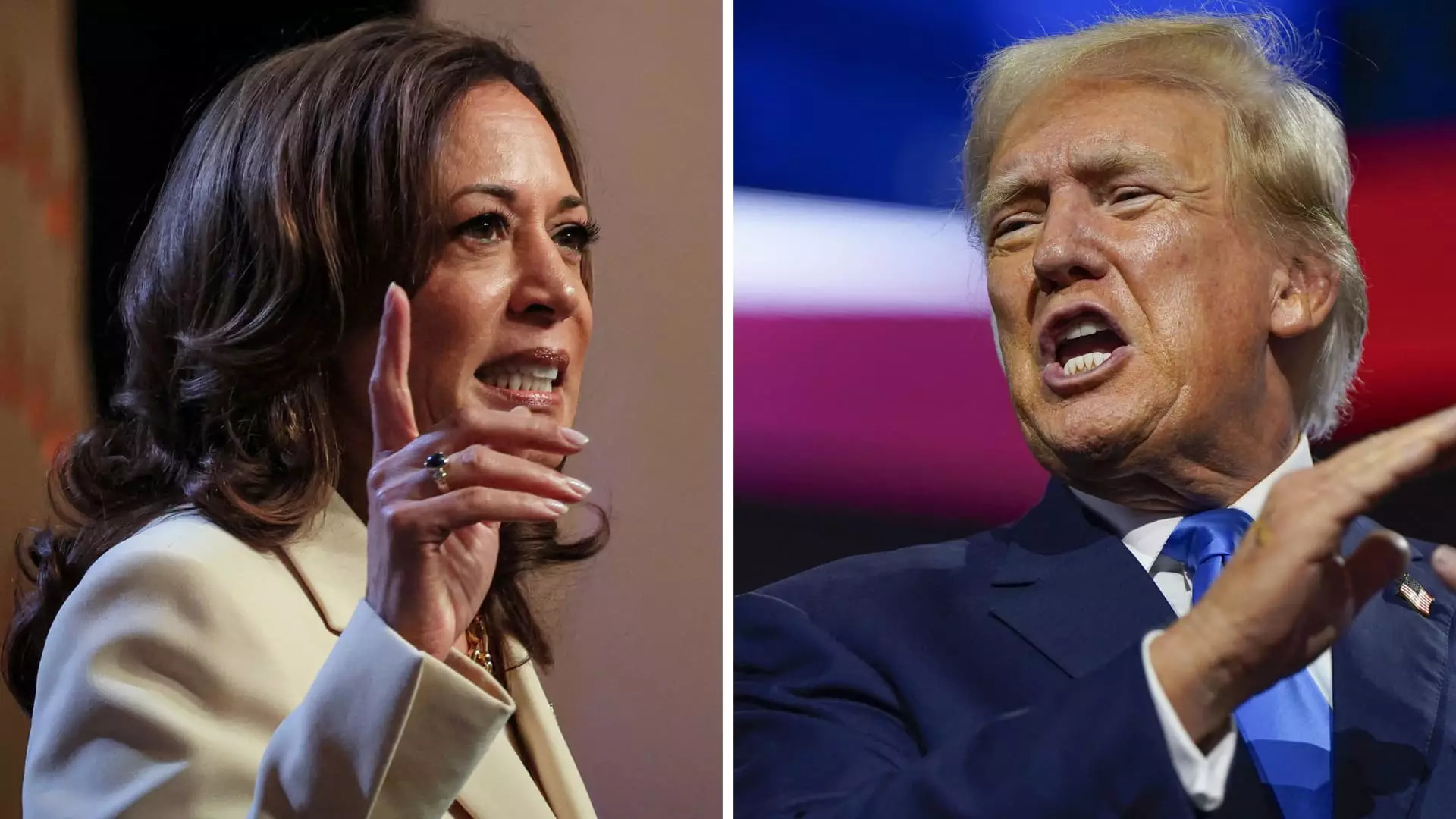Former President Donald Trump and Vice President Kamala Harris have both voiced their support for ending taxes on tips. Harris made her statement during a rally in Las Vegas, and Trump shared a similar idea at a rally in the same service economy hotspot. While this proposal has garnered some bipartisan support in Congress, it has also faced criticism from policy experts. Some experts have raised concerns about the equity, efficiency, and revenue implications of such a policy.
According to Steve Rosenthal, a senior fellow at the Urban-Brookings Tax Policy Center, the proposal to end taxes on tips fails to meet the standards of good tax policy. One of the main concerns is that not taxing tips could create a disparity between tipped workers and other low-income individuals who do not receive tips as part of their compensation. Rosenthal questions why someone who receives a mix of tips and wages should be in a better financial position after taxes compared to someone who only receives wages.
Another major criticism of the proposal is its potential impact on government revenue and the federal budget deficit. Harris’s call for no tax on tips, along with her push for a higher minimum wage, could collectively increase the deficit by $100 billion to $200 billion over 10 years, assuming the minimum wage is raised from $7.25 to $15 per hour. The exact cost of the proposal is uncertain, especially regarding whether it would include an exemption from payroll taxes or just federal income taxes. The Tax Foundation’s Garrett Watson also warns that the actual cost could be higher depending on behavioral assumptions and potential avoidance strategies.
Experts have highlighted potential administrative challenges and abuse that could arise if the proposal to end taxes on tips is enacted. Some workers might attempt to reclassify their wages as tips in order to avoid paying taxes. Harris’s campaign has stated that, if she is elected, she would work with Congress to establish income limits and requirements to prevent abuse by certain high-income individuals. However, the specifics of these safeguards remain unclear.
While the proposal to end taxes on tips has received support from both Harris and Trump, it has also faced significant criticism from policy experts. Concerns about equity, efficiency, revenue, administrative challenges, and potential abuse raise serious questions about the feasibility and impact of such a policy. As discussions continue surrounding this proposal, it will be important to carefully consider these criticisms and evaluate the long-term implications for both workers and government finances.

